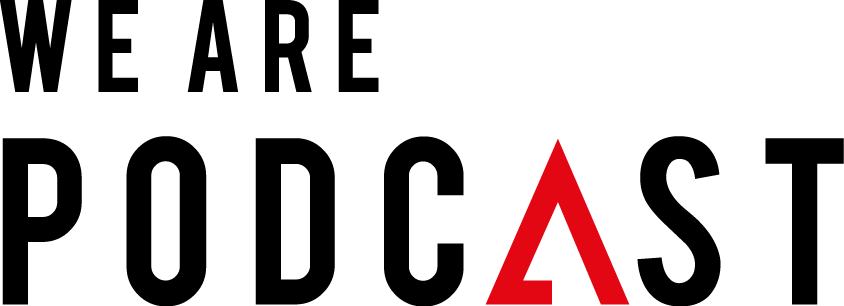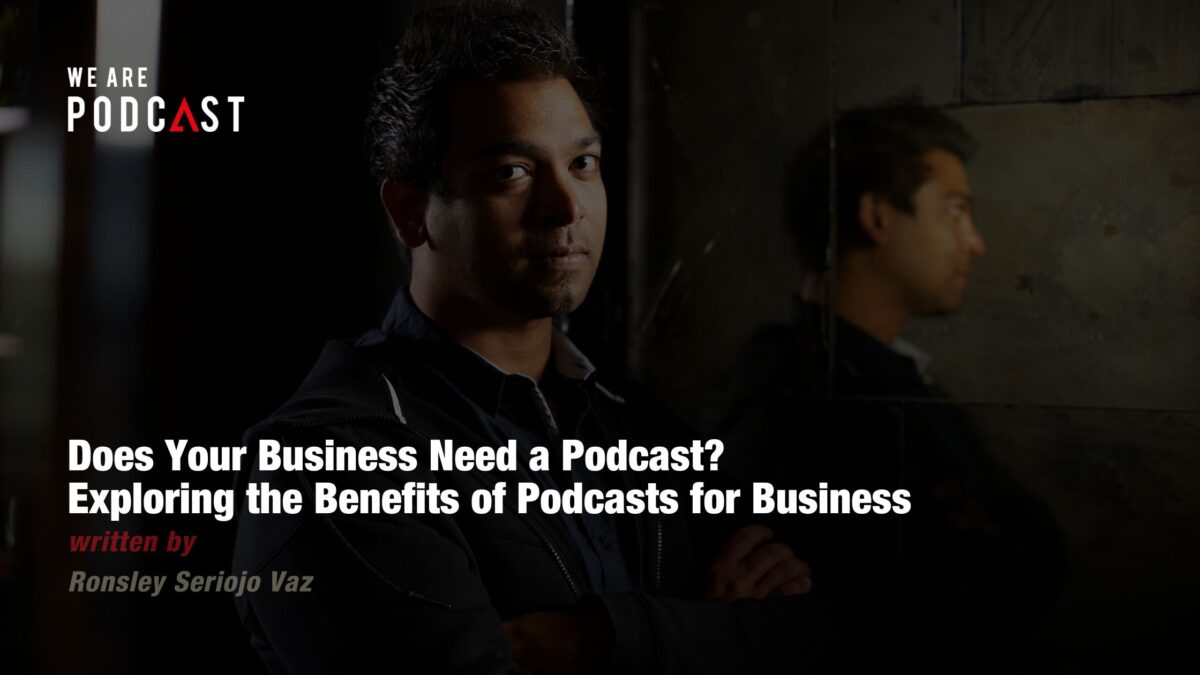In today’s digital era, businesses constantly seek innovative ways to engage their audience, build brand awareness, and establish thought leadership. One such method that has gained significant traction in recent years is podcasting. But does your business need a podcast? Let’s delve into the world of podcasts for business and explore how they can elevate your brand.
Understanding Podcasts for Business
Podcasts are audio programs that users can download or stream online. They cover various topics, from entertainment and education to business and technology. Regarding podcasts for business, they serve as an excellent platform to share industry insights, discuss trending topics, interview experts, and provide valuable content to your target audience.
The rise in popularity of podcasts can be attributed to their convenience and accessibility. Listeners can tune in while commuting, working out, or during downtime. For businesses, this presents an opportunity to reach audiences when other forms of content may be less effective.
Why Consider Podcasts for Your Business?
- Enhance Brand Visibility
Podcasts are a powerful tool for boosting brand visibility and attracting potential customers. By creating compelling and relevant content, you can engage with your audience and build a loyal following. Platforms like Apple Podcasts and Spotify provide access to a broad user base, offering opportunities to expand your reach and connect with new listeners. With the right podcast strategy, you can leverage this medium to establish your brand as an authority in your industry and drive organic growth. So, start creating captivating episodes that resonate with your target audience and watch your brand visibility soar.
- Establish Thought Leadership
Podcasts are a powerful tool for demonstrating expertise and establishing thought leadership in any industry. Through podcast episodes, you can discuss relevant topics, share insightful opinions, and provide valuable information to your audience. By consistently delivering valuable content, you can position yourself as a trusted source and build credibility within your industry.
Podcasts also allow you to connect with your audience deeper, fostering a sense of community and building strong relationships. Overall, podcasts offer a unique platform to showcase your expertise, engage with your audience, and establish yourself as a thought leader in your field.
- Engage Your Audience
Do you know that podcasts offer a unique advantage over written content? Unlike written content, podcasts allow users to multitask while consuming the content, making them highly engaging.
They seamlessly fit into the busy lives of consumers, offering a convenient way to learn or be entertained. Moreover, the conversational tone of podcasts helps in building a personal connection with the audience, fostering loyalty and trust. With podcasts, you can create a deeper and more meaningful connection with your listeners, reaching them in a way that written content may not be able to achieve.
- Cost-Effective Marketing Strategy
Podcasting is an incredibly cost-effective form of content creation. With a good-quality microphone, sound editing software, and a hosting platform, you can quickly embark on your podcasting journey. This affordability makes it an attractive marketing strategy for small businesses or startups with limited budgets. By leveraging the power of podcasts, these businesses can effectively reach their target audience and showcase their expertise. Additionally, podcasting allows for a more personal and intimate connection with listeners, fostering trust and loyalty in the long run.
How to Start a Podcast for Your Business?
- Define Your Goals
Before you dive into podcasting, it’s crucial to define what you want to achieve through your podcast. This involves thinking about the purpose of your podcast and the desired outcomes you hope to achieve. For example, if your goal is to increase brand awareness, you can focus on creating engaging content that showcases your brand’s values, products, or services.
To drive website traffic, you can include call-to-actions in your episodes that direct listeners to your website for more information. Lastly, suppose your goal is to establish thought leadership. In that case, you can invite industry experts as guests on your podcast and discuss relevant topics that position you as a knowledgeable authority in your field. By clearly defining your goals, you can align your content creation process and strategies to achieve those goals effectively.
- Identify Your Target Audience
Understanding who your listeners are is essential for creating content that resonates with them. To identify your target audience, consider their demographics, interests, and challenges. Conduct market research, analyze your current audience, and gather feedback to gain insights into their preferences. Use this information to tailor your content to their needs, provide solutions to their challenges, and deliver value that aligns with their interests. By understanding your target audience, you can create meaningful connections and build a loyal and engaged listener base.
- Plan Your Content
To plan out your podcast episodes, consider your goals and target audience. Decide on the topics, format (interviews, solo episodes, panel discussions), and length of episodes that align with your objectives. Creating a schedule and content plan will help you stay organized and consistently produce engaging episodes. By planning and strategizing, you can ensure that your podcast meets the needs of your audience and delivers valuable content.
- Invest in Quality Equipment
While starting a podcast doesn’t require a huge investment, it’s important to maintain audio quality as it can greatly impact listener experience. Quality equipment can make a significant difference in recording clarity and overall production value. Some examples of quality podcasting equipment include dynamic microphones like the Audio-Technica ATR2100x or the Shure SM58, audio interfaces like the Focusrite Scarlett 2i2, and headphones like the Sony MDR-7506. When choosing equipment, look for good frequency response, low self-noise, and durability. Additionally, consider factors like ease of use, compatibility with your recording setup, and budget constraints.
- Promote Your Podcast
Promoting a podcast involves utilizing different strategies to reach a wider audience and increase listenership. Some common methods include sharing episodes on social media platforms such as Facebook, Twitter, and Instagram, as well as promoting them through email newsletters and on your company website. It’s important to identify your target audience and tailor your promotion efforts towards them, whether through targeted ads, collaborations with influencers or industry experts, or engaging in relevant online communities and forums. You can measure the effectiveness of your promotion by tracking metrics such as download numbers, listener engagement, website traffic, and social media interactions. Regularly monitoring these metrics will help you gauge the success of your promotional efforts and make adjustments as needed.
While podcasts offer numerous benefits for businesses – increased visibility, thought leadership opportunities and audience engagement – they also require time and commitment to produce consistently high-quality content.
Therefore, before jumping on the bandwagon of podcasts for business, consider if you have the resources required and whether this medium aligns with your overall marketing strategy and brand image. If done right, podcasting can be a powerful tool to connect with your audience on a deeper level and set your business apart in the crowded digital landscape.

